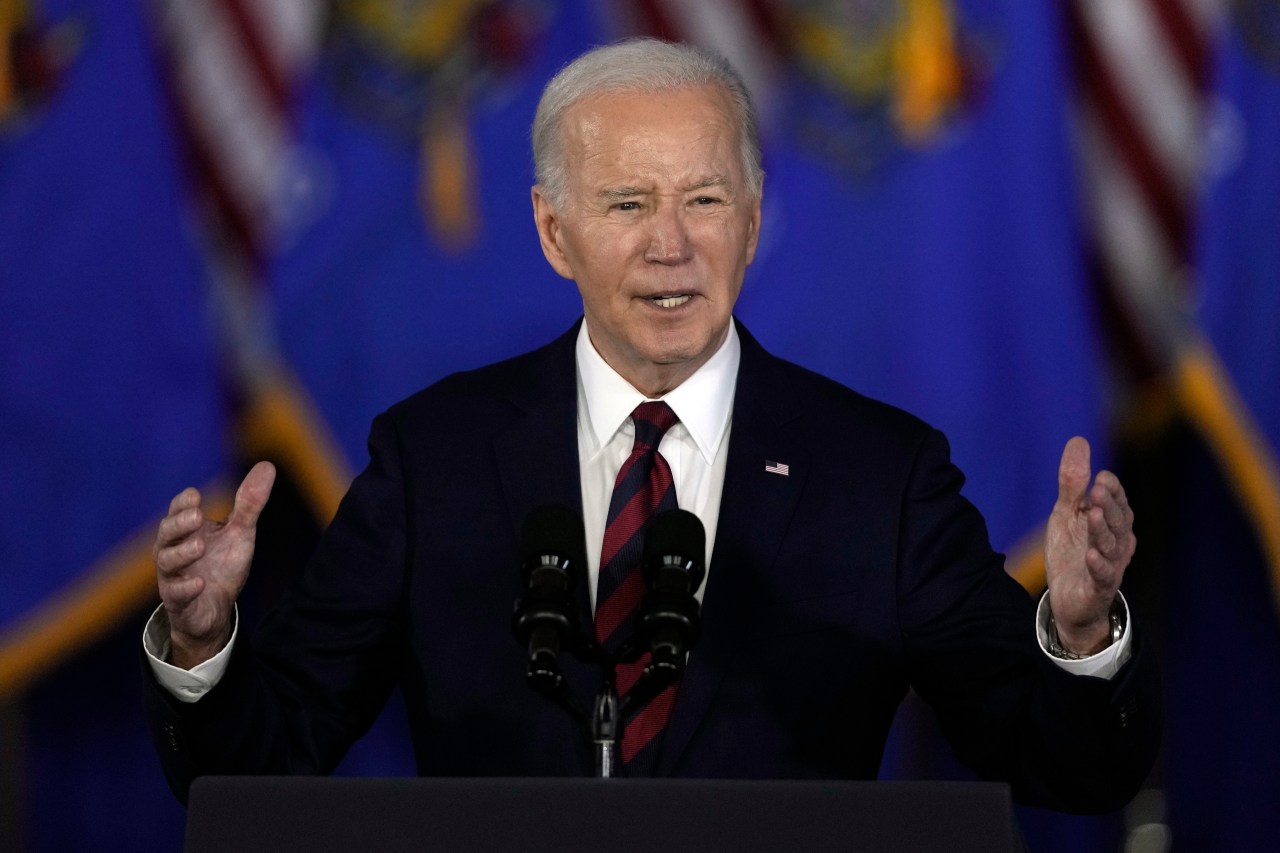A president’s budget proposal is seldom passed into law. Instead, it’s an expression of the priorities the president promises to fight for, often coming on the heels of an agenda laid out in the State of the Union address.
In his recent State of the Union speech, President Biden previewed his economically populist priorities when he said “the days of trickle-down economics are over.”
Trickle-down refers to the idea that tax cuts for the wealthiest “trickle down” to the rest of us. It’s long been a popular idea in Washington, but it’s just not true. A few years ago, the London School of Economics studied 50 years of such “trickle-down” policies in 18 industrialized nations, including the U.S., and found that their only result was increasing the wealth of the already wealthy.
So how do we get prosperity for the rest of us? By taxing extreme wealth and investing those revenues in social goods like education, housing, food and health care. President Biden’s recently released federal budget plan follows that blueprint, putting the value of investing in American families and communities ahead of slashing taxes for the rich.



When companies re-invest money in their companies instead of paying taxes they build equity. Of course they need workers. That is how FDR made the US a super power almost overnight. The US was industrialized to the max. Then came along Reagan who allowed them to cash out and send jobs overseas.